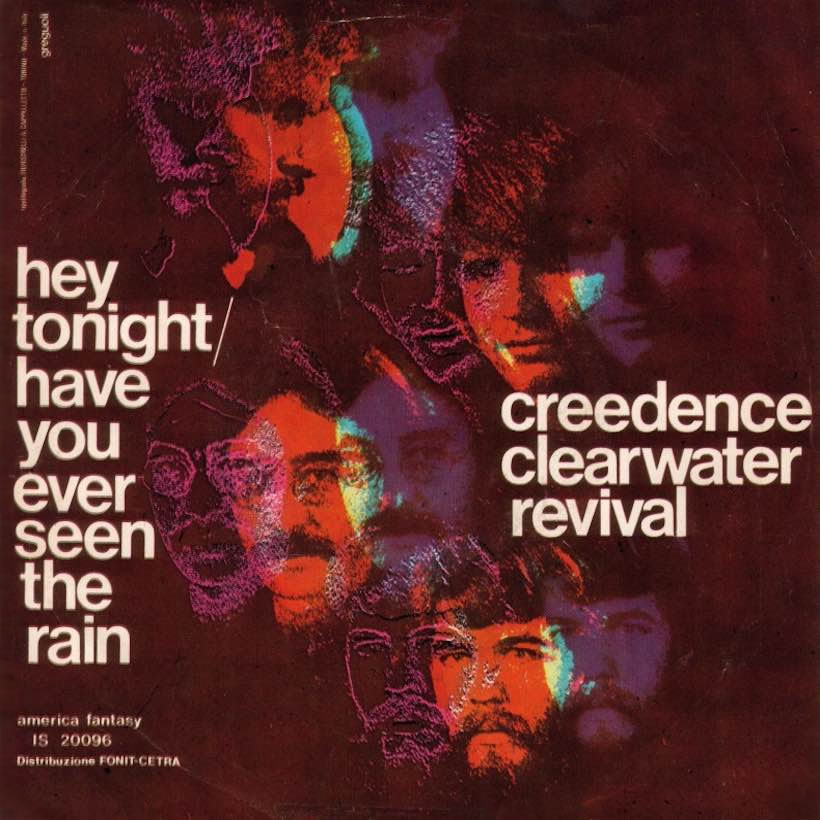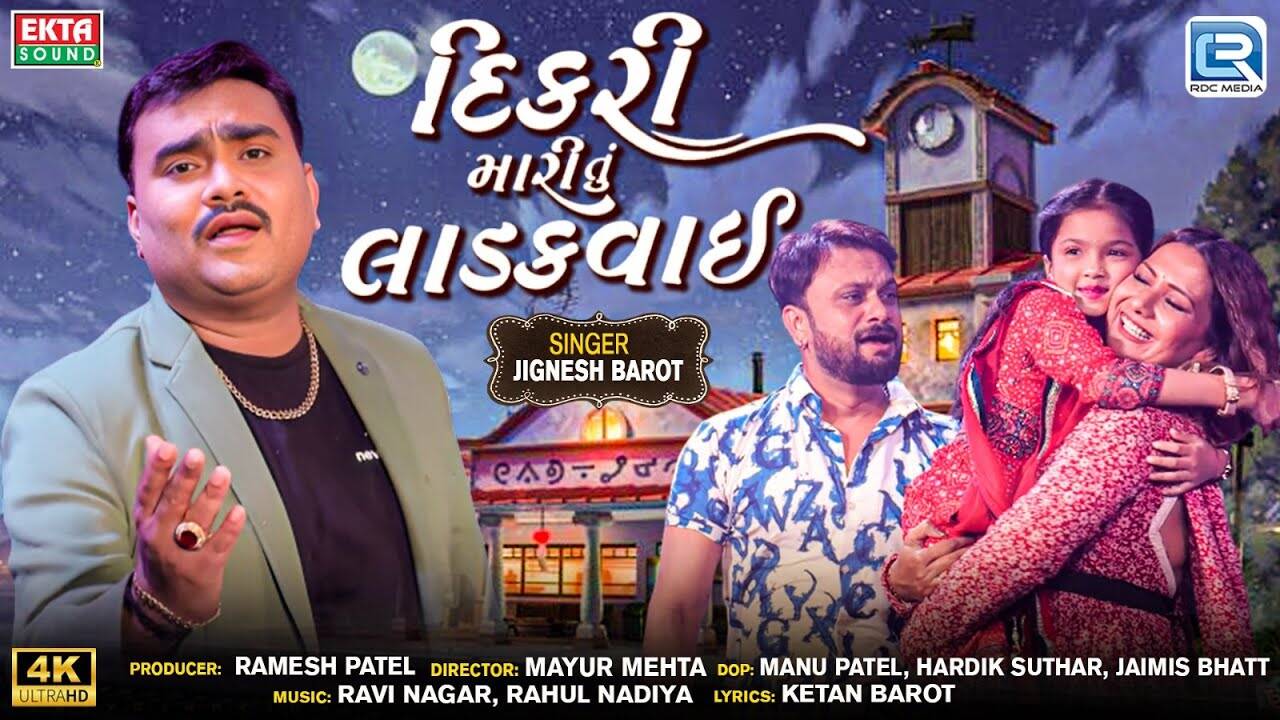In recent years, the genre has exploded in popularity, with films like Bohemian Rhapsody and Elvis becoming box office juggernauts. These films don’t just celebrate musical legends; they serve as cultural events, reigniting interest in their subjects and launching new stars in the process. Rami Malek’s Academy Award-winning turn as Freddie Mercury turned him into a household name, while Austin Butler’s mesmerizing performance as Elvis Presley reshaped his career overnight. A well-crafted music biopic doesn’t just tell a story—it has the power to redefine legacies, introduce classic artists to new generations, and cement an actor’s place in Hollywood history.
Yet, for every blockbuster hit, there are dozens of lesser-known music biopics that capture the essence of musical genius just as powerfully—sometimes with more honesty, grit, or artistic experimentation. Some of these films were overshadowed by bigger-budget counterparts, while others flew under the radar due to niche subject matter or limited distribution. But all of them are worth seeking out, whether they tell the story of an unsung hero, challenge the traditional biopic formula, or simply deliver a fresh perspective on a music legend’s life.
At their core, music biopics aren’t just about the artists—they’re about the world their music shaped. They capture the feverish highs of fame and the quiet, often painful moments of self-doubt and reinvention. They explore the ways music connects people, becomes a voice for the unheard, and outlives the person who created it. Whether raw and unpolished or grand and operatic, these films remind us why music matters—not just to the artists, but to all of us.
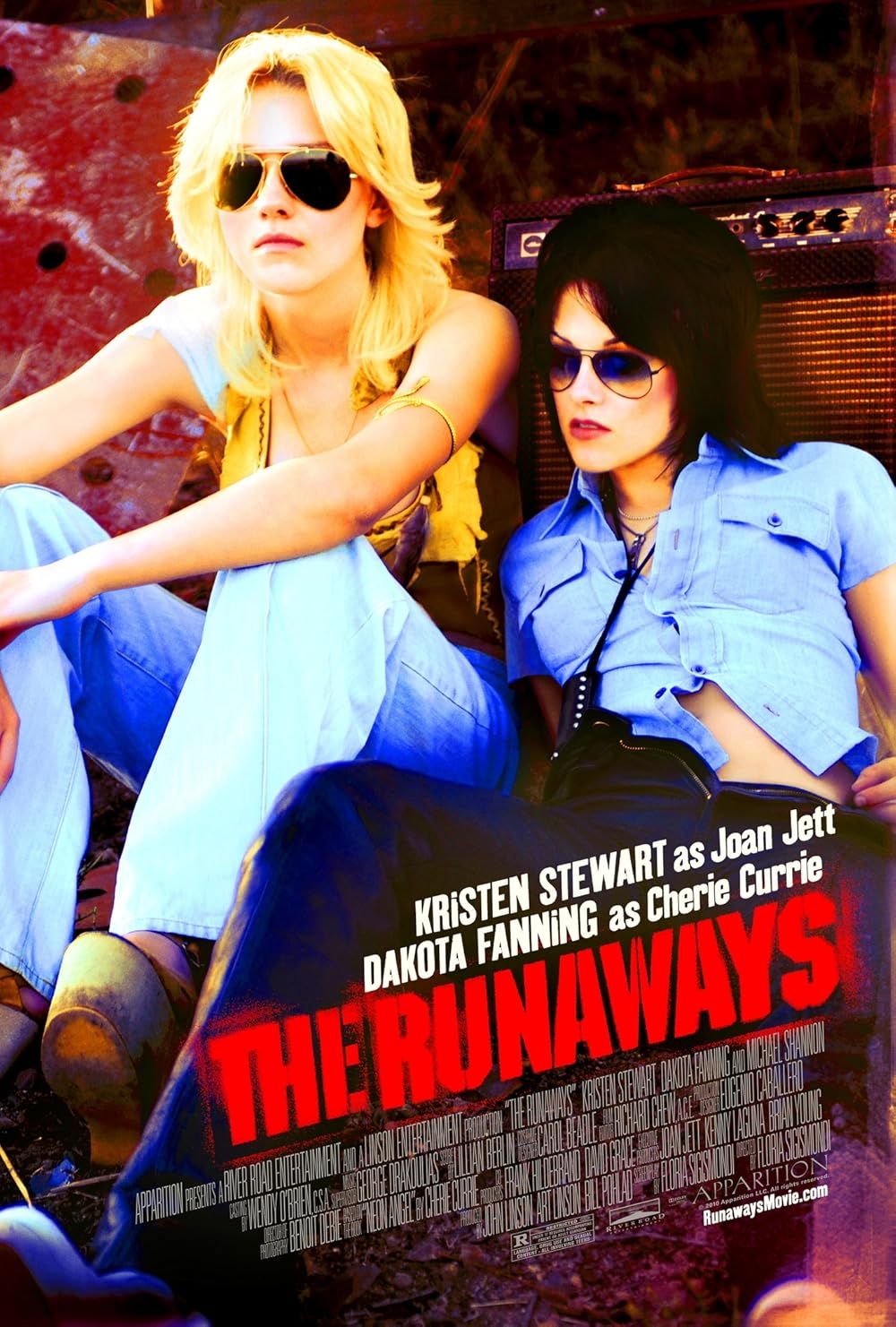
The Runaways
- March 19, 2010
- 106 Minutes
- Floria Sigismondi
- Floria Sigismondi
Flashing back to the raw, rebellious spirit of the 1970s, tells the story of the groundbreaking all-female rock band that defied industry norms and paved the way for future generations of women in music.
Starring the electric Kristen Stewart as a brooding, leather-clad Joan Jett and Dakota Fanning as the tragic and electric Cherie Currie, the film follows the band’s meteoric rise from teenage misfits to global rock sensations—only to crash just as suddenly due to internal strife, drug addiction, and industry exploitation. Michael Shannon delivers an eerie, almost unhinged performance as the band’s manipulative manager Kim Fowley, perfectly embodying the predatory, cutthroat nature of the music industry at the time.
Despite its compelling story and powerhouse performances, The Runaways never quite got the attention it deserved. Released in the indie circuit with minimal marketing, it was overshadowed by bigger, flashier biopics and struggled to find its audience in theaters. Its grittier, more intimate approach to storytelling may not have played into the traditional Hollywood music biopic formula, but it remains an essential watch for rock history fans. Joan Jett, of course, went on to cement her status as a rock legend, and The Runaways serves as a vital document of the band's groundbreaking yet turbulent existence.
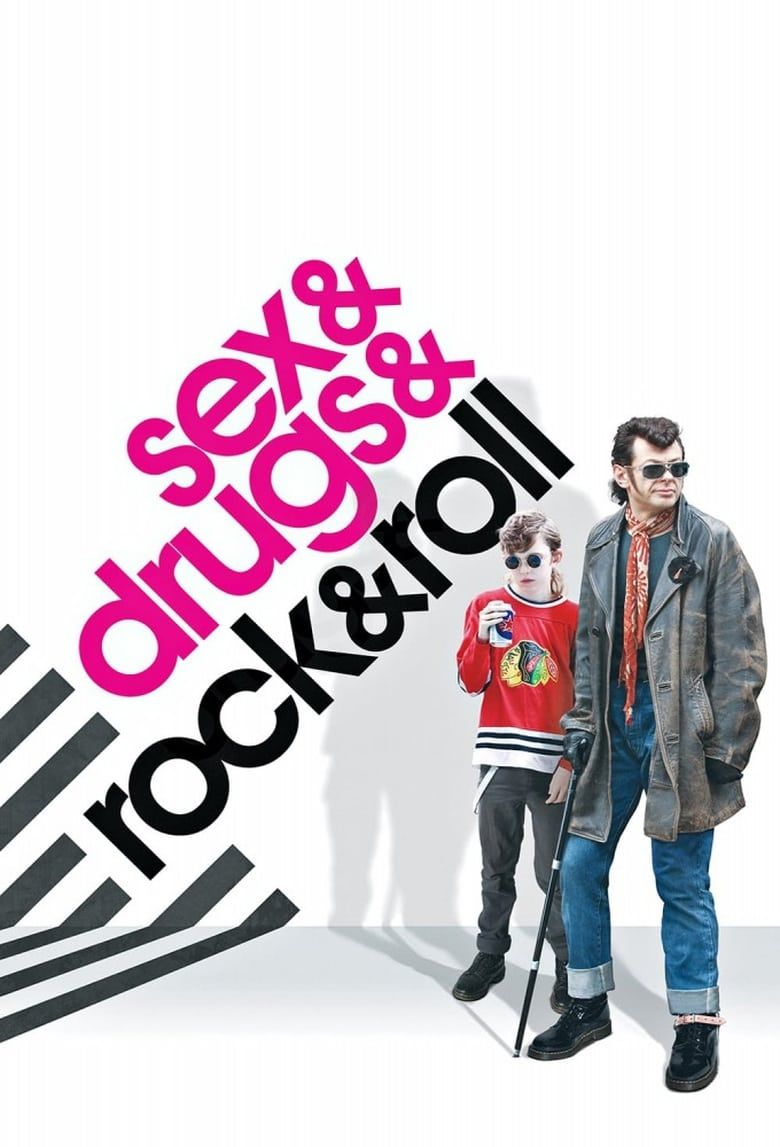
Sex & Drugs & Rock & Roll
- January 8, 2010
- 115 minutes
- Mat Whitecross
- Paul Viragh
- Damian Jones
With a title as chaotic as its subject, chronicles the life of Ian Dury, the irreverent and unpredictable British punk-rock icon who led Ian Dury and the Blockheads. Played with manic energy by Andy Serkis, Dury is depicted as a man both brilliant and self-destructive, balancing his outsized stage persona with deep personal struggles stemming from his childhood battle with polio. The film captures his influence on the punk movement—his unique blend of spoken-word poetry, cheeky humor, and aggressive energy—while also peeling back the layers of a man who alienated those closest to him with his volatile personality.
Dury never achieved the global superstardom of contemporaries like The Sex Pistols or The Clash, which is likely why this film remains relatively obscure outside of the UK. His influence on punk and new wave, however, is undeniable, and Sex & Drugs & Rock & Roll does justice to his legacy with a visually inventive, hyper-stylized approach that mirrors the wildness of his music. Serkis delivers an outstanding performance, embodying Dury’s relentless spirit with an intensity that makes the film feel alive—just like its subject.
Unlike most music biopics that follow a standard chronological rise-and-fall structure, takes a unique approach to telling the story of Beach Boys mastermind Brian Wilson. Rather than condensing his life into a straightforward narrative, the film presents two versions of Wilson—one in his creative prime during the Pet Sounds era (played by Paul Dano), and the other in his troubled later years, struggling under the control of abusive therapist Dr. Eugene Landy (played by John Cusack). This dual-perspective storytelling allows the film to explore the contrast between Wilson’s boundless musical imagination and the deeply isolating effects of his mental illness.
Though Love & Mercy received critical acclaim, it never gained the mass audience of films like Bohemian Rhapsody or Rocketman, perhaps because it resists the traditional beats of a feel-good rock story. Instead of focusing on stadium tours and hit songs, it digs into the fragile psychology of an artist whose genius was both his gift and his curse. For those willing to engage with a more intimate, nuanced portrayal of musical brilliance, Love & Mercy stands as one of the most emotionally resonant music biopics of the last decade.
Long before James Mangold's A Complete Unknown, Todd Haynes’ isn’t just a music biopic—it’s a cinematic experiment, a deconstruction of Bob Dylan’s mythos that refuses to play by the rules. Instead of telling Dylan’s life story in a linear fashion, the film fragments his persona into six different characters, each played by a different actor—including Christian Bale, Heath Ledger, Richard Gere, and, most notably, Cate Blanchett, who delivers an uncanny, electrifying performance as the mid-‘60s, amphetamine-fueled, don’t-look-back Dylan.
Each version of Dylan represents a different era of his career, from the scrappy folk singer to the counterculture enigma to the reclusive cowboy wandering the outskirts of fame. The result is less a straightforward biopic and more of a meditation on identity, reinvention, and the way Dylan constantly evaded definition.
Unlike traditional biopics, I'm Not There never tried to make Dylan relatable or digestible, which may be why it remains relatively niche compared to more accessible music films. Its surreal, nonlinear approach divided audiences, with some hailing it as a masterpiece and others finding it too opaque. But for Dylan fans—or anyone fascinated by the idea of music as self-mythology—it’s an essential watch, a film that understands its subject’s complexity and refuses to pin him down, just as Dylan himself always refused to be boxed in.
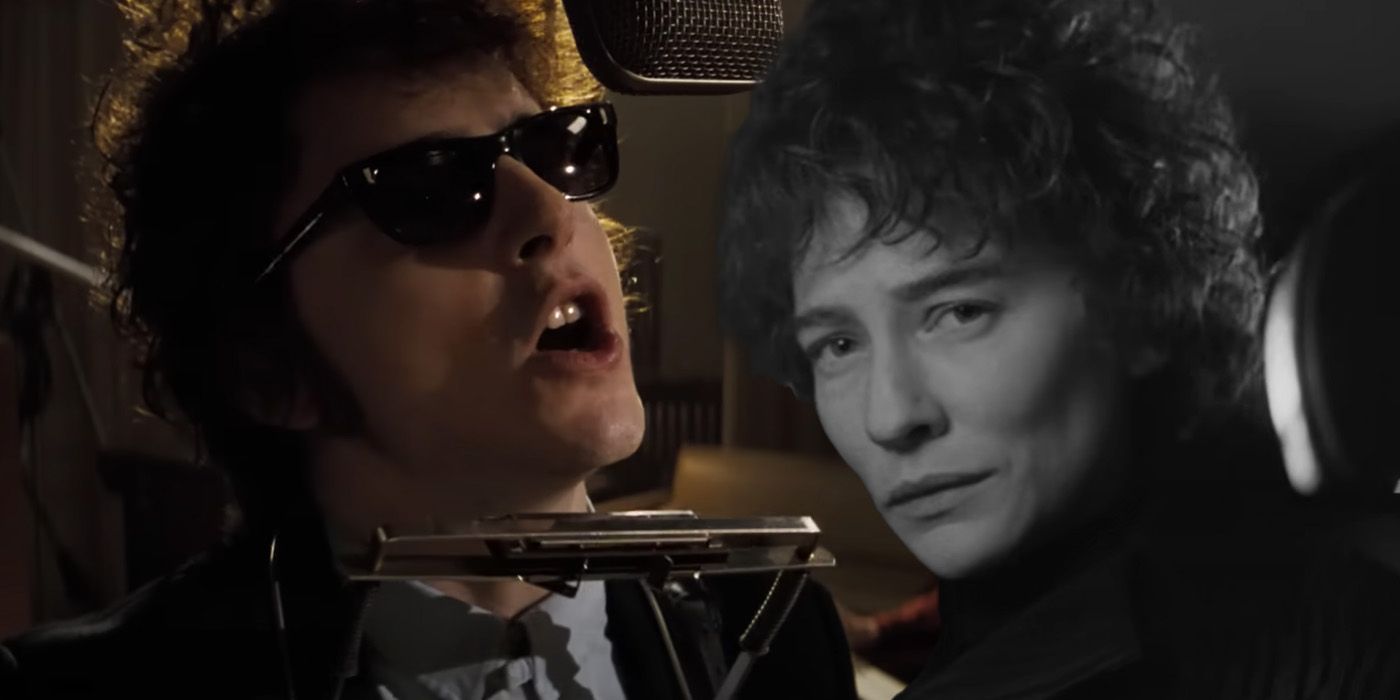
Related
'A Complete Unknown' Fans Should Check Out This Wild Bob Dylan Quasi-Biopic
This 2007 film explores the artist as a cultural icon rather than a straight-forward man.
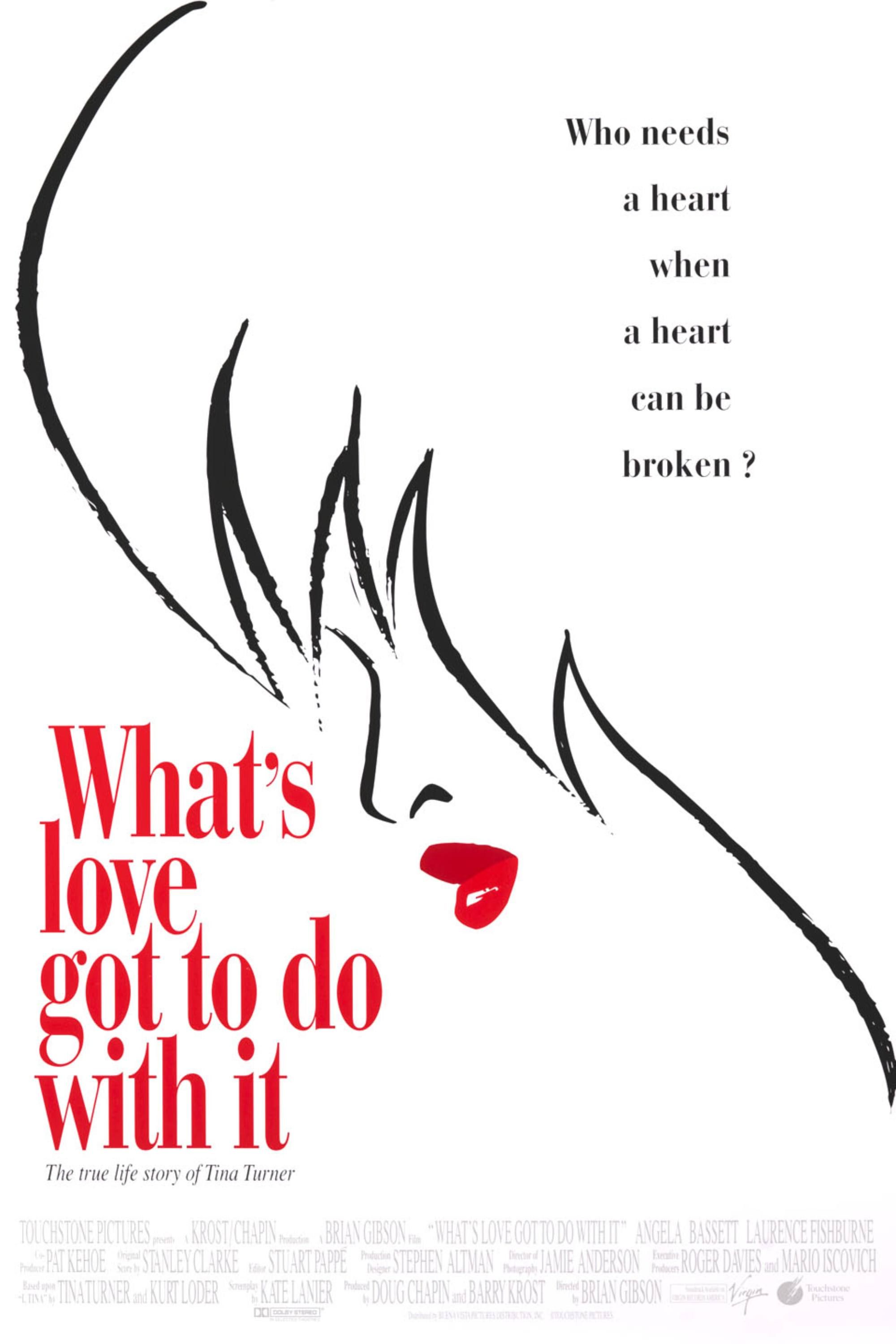
What's Love Got to Do with It?
- June 25, 1993
- 118 Minutes
- Brian Gibson
- Tina Turner, Kurt Loder, Kate Lanier
Before , Tina Turner was already a legend, but this biopic cemented her legacy as not just a survivor, but a powerhouse. Angela Bassett gives a career-defining performance as Turner, tracing her journey from a small-town girl with a voice that could shake the rafters to one of the most dynamic performers in rock history.
But the film doesn’t just celebrate her rise—it also confronts the brutal reality of her marriage to Ike Turner (played by Laurence Fishburne), whose abuse threatened to destroy both her career and her spirit. The film doesn’t shy away from the violence and control Ike exerted over Tina, making her eventual escape and reinvention as a solo artist one of the most cathartic triumphs in music biopic history.
Despite its critical acclaim and Bassett’s Oscar-nominated performance, What’s Love Got to Do with It is sometimes overshadowed by more recent music biopics. Part of that is due to its unflinching depiction of domestic violence, making it a tough watch, but its importance cannot be overstated. The film paved the way for later biopics about women in music who had to fight to reclaim their agency, and Bassett’s performance remains one of the most powerful in the genre. Tina Turner’s influence on music is undeniable, and this film stands as a testament to her resilience, talent, and sheer force of will.
is less about a single artist and more about an entire movement. Named after the legendary New York club that birthed punk rock, the film chronicles the rise of the venue and the ragtag collection of misfits who turned it into ground zero for bands like The Ramones, Talking Heads, and Blondie. Alan Rickman plays Hilly Kristal, the eccentric, financially irresponsible club owner who accidentally became a punk pioneer simply by giving weird, loud bands a place to play.
Through a mix of real-life stories and dramatized performances, CBGB captures the grimy, unpredictable energy of the ‘70s punk scene, showing how an unassuming dive bar became one of the most important venues in music history.
Despite its compelling subject matter, CBGB never quite gained traction with mainstream audiences. Part of that is due to its scattered, almost chaotic storytelling, which mirrors the punk ethos but makes for a less conventional narrative. Additionally, its indie production and limited release meant it never had the marketing push of bigger-budget music films. Still, for fans of punk history, it’s an entertaining deep dive into an era when music was raw, rebellious, and refreshingly unpolished. It may not have rewritten the biopic formula, but it captures the wild, messy spirit of CBGB—and in that sense, it’s the perfect tribute.
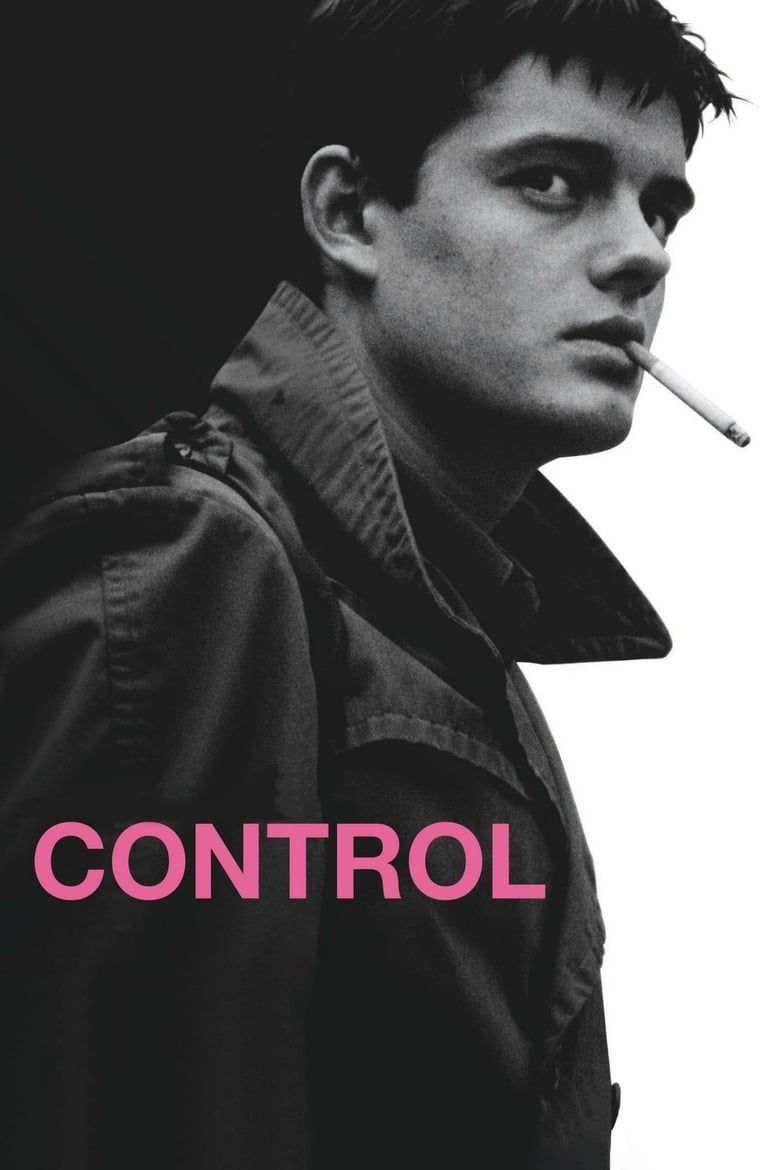
Control
- September 12, 2007
- 121 minutes
- Anton Corbijn
- Deborah Curtis, Matt Greenhalgh
- Orian Williams, Iain Canning, Lizzie Francke, Akira Ishii, Todd Eckert
tells the haunting story of Ian Curtis, the lead singer of the post-punk band Joy Division, whose brief life became synonymous with both musical genius and tragedy. Directed by Anton Corbijn, the film is shot in stark black-and-white, emphasizing the cold, desolate atmosphere surrounding Curtis’ life and music. Sam Riley’s portrayal of Curtis is magnetic, capturing the singer’s internal struggles as he grapples with depression, epilepsy, and his increasingly strained relationships with his wife and lover. The film follows Curtis from his rise with Joy Division to his ultimate suicide at just 23, forever sealing his legacy as a tragic figure in music history.
While Control is a cinematic triumph in its own right, it remains under the radar for many mainstream audiences. Part of the reason may be its somber tone and limited appeal to those unfamiliar with Joy Division or Curtis’ life. But for fans of the band, or anyone interested in the darker side of musical brilliance, Control offers an unflinching portrayal of how mental illness and creative genius often collide in heartbreaking ways. The film’s haunting visuals and memorable performances make it a standout in the music biopic genre, showcasing not just the story of Curtis’ life but also the profound emotional resonance of his music.
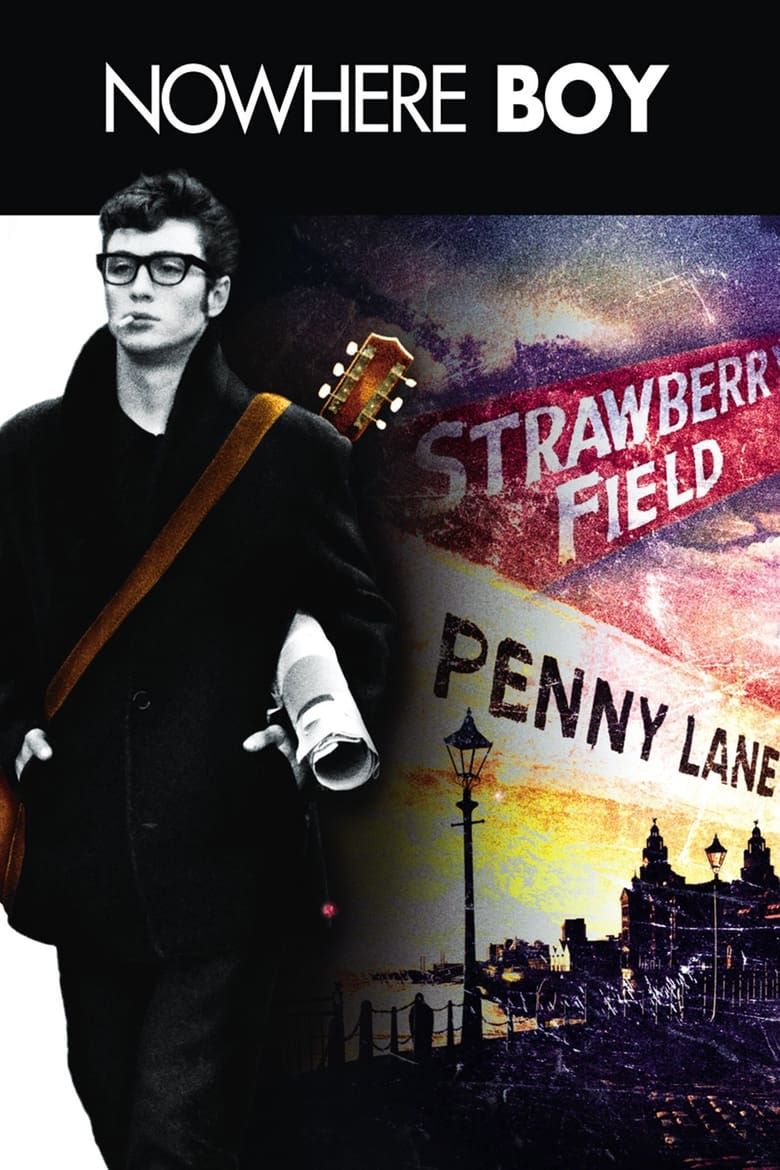
Nowhere Boy
- December 25, 2009
- 98 minutes
- Sam Taylor-Johnson
- Matt Greenhalgh
- Bob Weinstein, Christopher Moll, Douglas Rae, Harvey Weinstein, Kevin Loader, Robert Bernstein, Tessa Ross, Tim Haslam, Jon Diamond, Mark Woolley
takes a fresh approach to the music biopic by focusing on the formative years of John Lennon, long before he became a global icon. The film, directed by Sam Taylor-Johnson, explores Lennon’s adolescence in Liverpool, detailing his troubled relationship with his Aunt Mimi (Kristin Scott Thomas) and the unexpected connection he formed with his estranged mother, Julia (Anne-Marie Duff).
The story centers on Lennon’s early musical influences, including his introduction to Paul McCartney and George Harrison, which set the stage for the formation of The Beatles. Aaron Taylor-Johnson’s portrayal of Lennon captures the raw energy and rebellious spirit that would define the iconic musician for decades.
Despite being a critical success, Nowhere Boy didn’t have the same mainstream success as other music biopics, possibly because it focuses more on Lennon’s emotional growth and personal turmoil rather than his rise to fame. The film doesn’t shy away from showing a young Lennon as flawed and, at times, unlikable—someone still searching for his identity. However, this makes the film a fascinating look at the man behind the legend, exploring how Lennon’s early experiences shaped his music and his worldview. Nowhere Boy provides a compelling glimpse into the making of a cultural icon, offering a perspective on Lennon that fans and newcomers alike can appreciate.
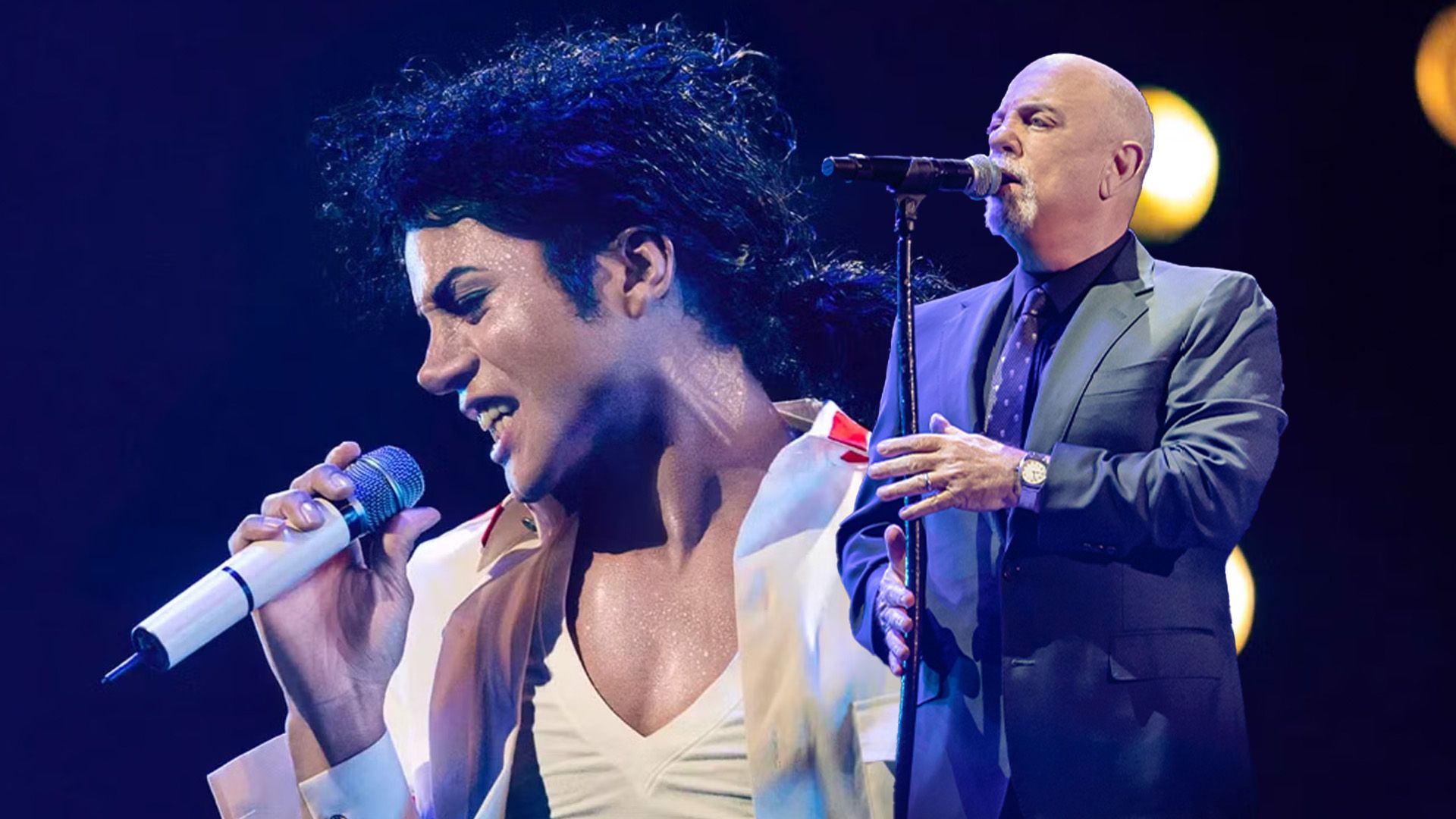
Related
10 Iconic Musicians With Upcoming Biopics
Upcoming music biopics that are sure to keep people singing from start to finish.
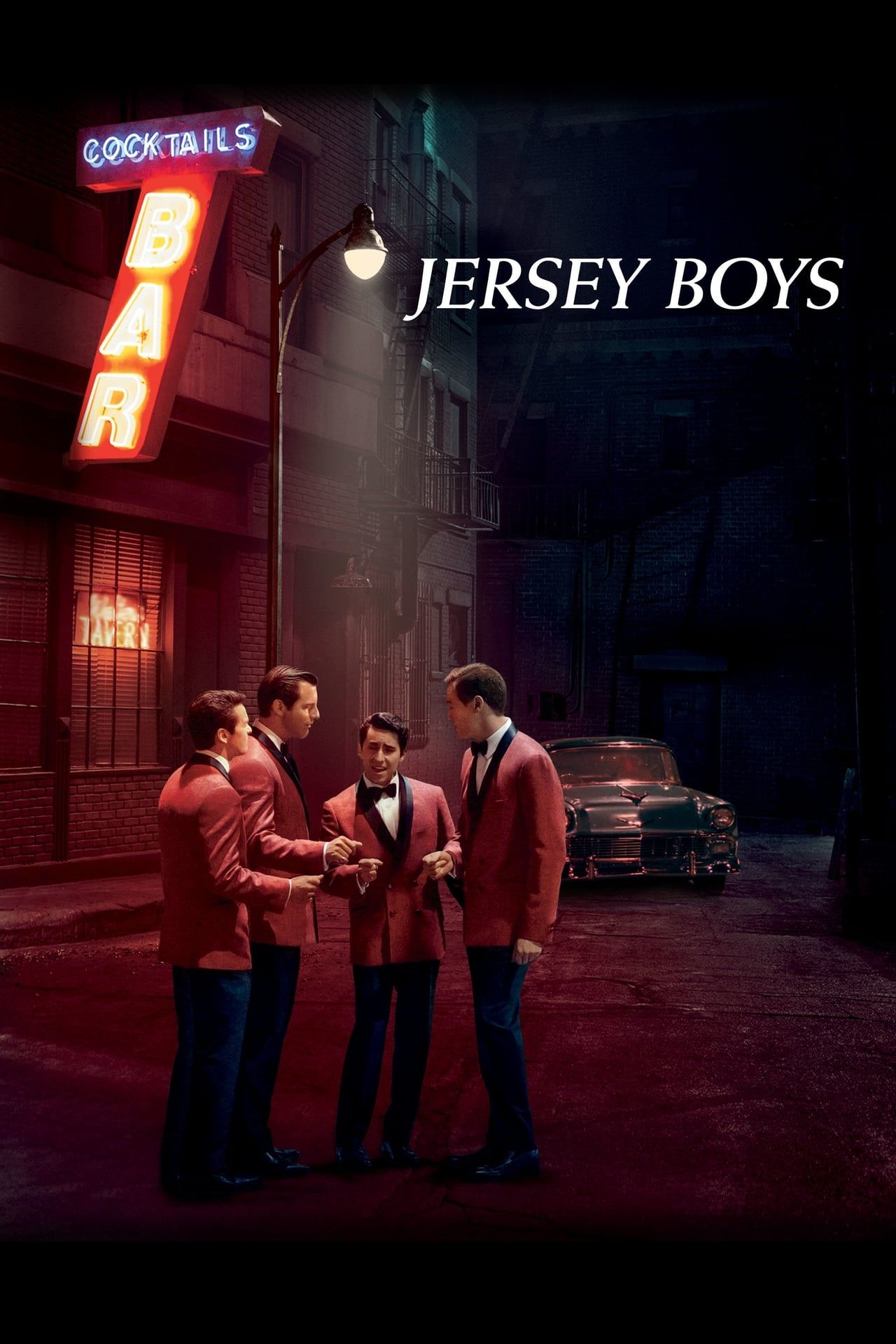
Directed by Clint Eastwood, is the musical biopic about Frankie Valli and the Four Seasons, one of the most successful and enduring acts in American pop music history. Based on the hit Broadway musical, the film charts the band’s rise from humble beginnings in Newark, New Jersey, to international fame. The story is told in a non-linear fashion, with each of the four band members providing their own perspective on the group’s formation, success, and eventual unraveling.
With standout performances from John Lloyd Young as Frankie Valli and Christopher Walken as the band’s manager, the film captures the heart and soul of the Four Seasons’ music, from the soaring harmonies to the behind-the-scenes drama that nearly tore them apart.
Jersey Boys did not achieve the same level of success as other music biopics like Elvis, possibly because of its theatrical roots and the decision to focus on the internal struggles of the band rather than just the music itself. While the film may not have reached the same cultural heights as other blockbuster biopics, it remains a solid, well-crafted piece that appeals to fans of the band and lovers of classic American pop music. With its toe-tapping songs and compelling narrative, Jersey Boys is an underappreciated film that highlights the complex dynamics of friendship, fame, and creative collaboration within the world of music.
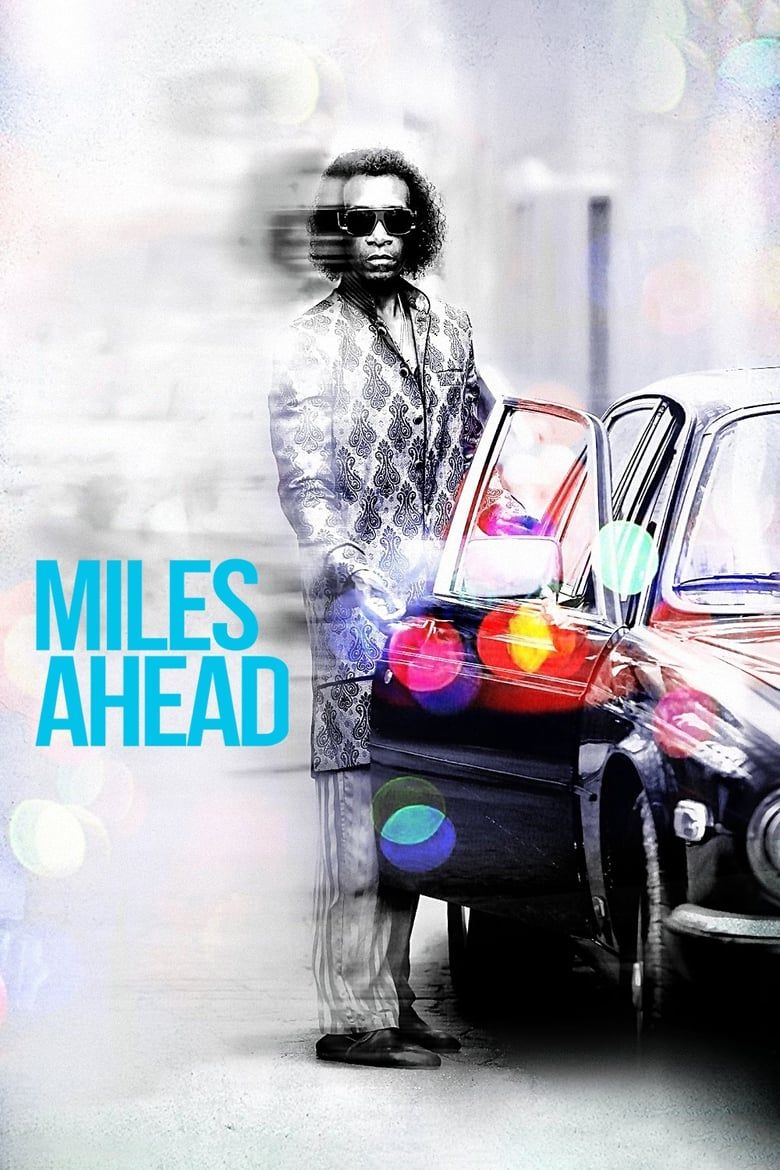
Miles Ahead
- April 8, 2016
- 100 Minutes
- Don Cheadle
- Christopher Wilkinson, Daniel Wagner, Darryl Porter, Mark Amin, Steven Baigelman, Pamela Hirsch, Cheryl Davis, Lenore Zerman, Robert Ogden Barnum, Erin Davis
is an unconventional, impressionistic biopic about jazz legend Miles Davis, directed by and starring Don Cheadle. The film doesn’t follow a typical chronological format; instead, it takes us through Davis’ tumultuous life in a series of fragmented, often surreal scenes. The film focuses not only on Davis' remarkable contributions to music but also his struggles with addiction, his tempestuous relationships, and the deep personal demons that influenced both his art and his life. Cheadle’s portrayal is magnetic—he doesn’t simply recreate Davis but channels the complexity, the genius, and the contradictions of the man himself. With a soundtrack that mirrors the emotional beats of Davis' music, the film pushes the boundaries of what a music biopic can be.
Though Miles Ahead is a daring exploration of Davis' life and legacy, it was not widely embraced by mainstream audiences, perhaps due to its experimental structure and its deviation from traditional biopic storytelling. Yet, for fans of Davis or jazz in general, the film offers an insight into his creative genius and tumultuous life, refracted through a lens that’s as fractured and non-linear as the man himself. Miles Ahead is more than just a biography—it’s a cinematic jazz performance in its own right.
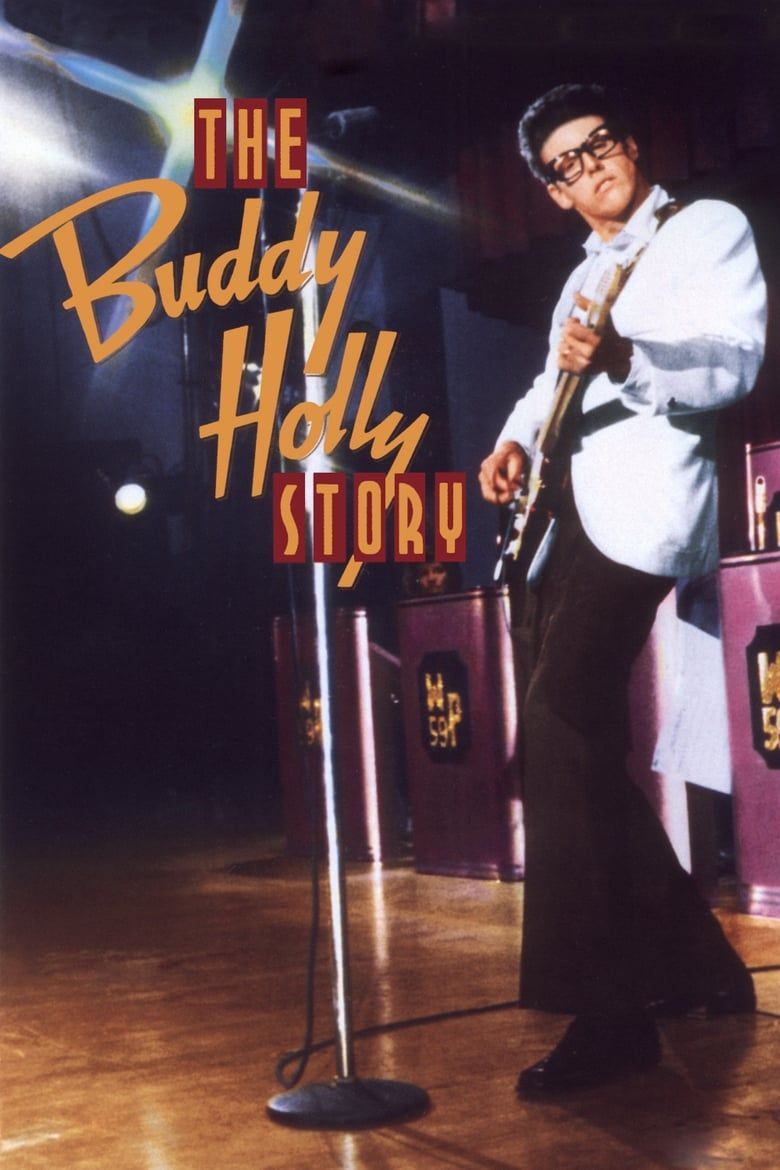
The Buddy Holly Story
- May 18, 1978
- 114 minutes
- Steve Rash
- Robert Gittler
chronicles the meteoric rise of the rock ‘n’ roll legend who, despite his brief career, forever changed the landscape of modern music. Starring Gary Busey in a career-defining role, the film follows Holly’s journey from his beginnings in Lubbock, Texas, to his tragic death in the plane crash that claimed his life at just 22. The film captures the infectious energy of Buddy Holly's music and his impact on rock, with his signature style and innovative sound influencing artists like The Beatles and The Rolling Stones. Busey’s portrayal of Holly is electrifying, capturing both the humility and the brilliance of the man behind classics like “Peggy Sue” and “That’ll Be the Day.”
Though The Buddy Holly Story was critically praised, it’s often overshadowed by other more famous music biopics. Perhaps its age and the relatively niche subject matter of Buddy Holly’s legacy have kept it from reaching a broader audience. However, for rock history enthusiasts and fans of '50s music, it is an essential watch, giving us a glimpse into the brief but revolutionary career of a man whose influence far outlived his time. The film serves as both a tribute to Holly’s legacy and a reminder of the tragedy that cut it short.
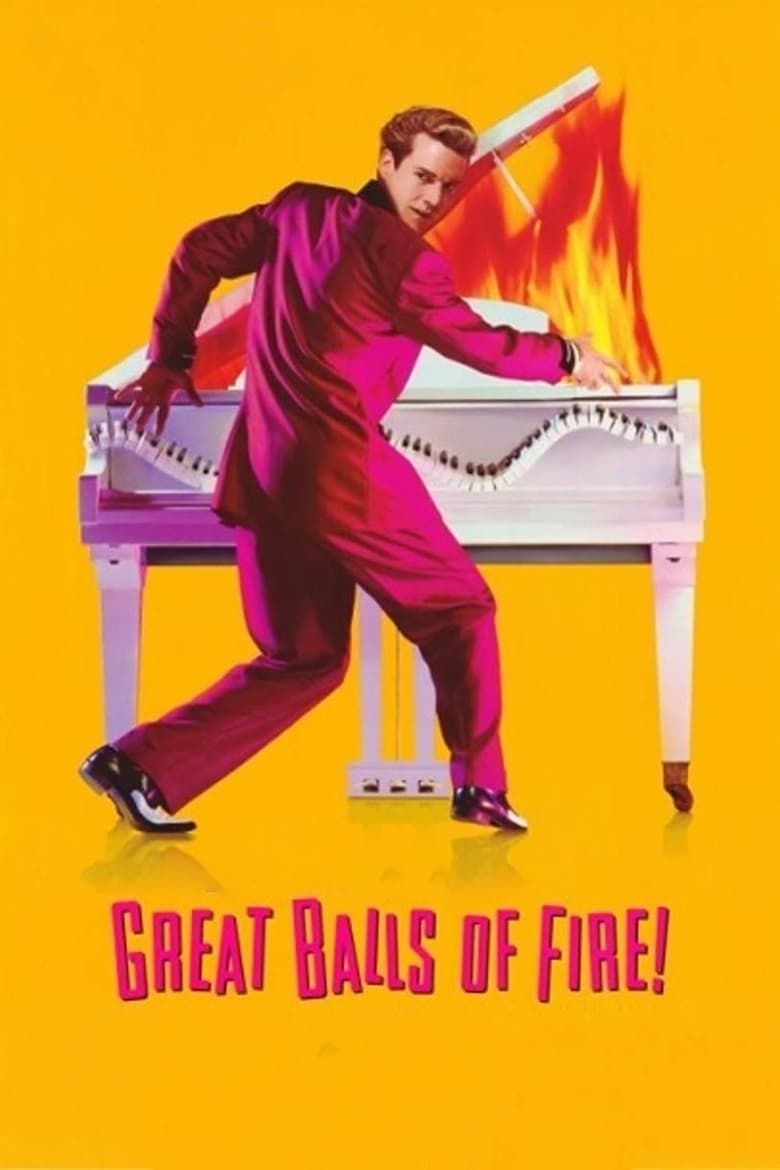
Great Balls of Fire!
- June 30, 1989
- 108 minutes
- Jack Baran
- Adam Fields, Art Levinson, Mark Victor
tells the outrageous story of Jerry Lee Lewis, the rock-and-roll rebel who pushed every boundary and broke every rule. Starring Dennis Quaid as the iconic pianist, the film depicts Lewis’ rise to fame in the 1950s, focusing on his musical genius, his controversial marriage to his 13-year-old cousin, and his often outrageous behavior on and off the stage. The film is brimming with wild energy—mirroring the manic force of Jerry Lee Lewis himself—showcasing his fiery performances and larger-than-life personality. Quaid’s portrayal is over-the-top, capturing the electricity of a man who was as volatile as he was talented.
While Great Balls of Fire! is often remembered for its campy, larger-than-life portrayal of a rock legend, it has also been somewhat overlooked compared to other, more serious music biopics. The film’s tone—blending humor, melodrama, and musical spectacle—didn’t sit well with everyone, and its unconventional approach to Lewis’ troubled life may have prevented it from becoming the mainstream hit it could have been. Still, it remains an entertaining, if slightly chaotic, glimpse into the life of a man whose influence on rock and roll can’t be overstated. If you want to see Jerry Lee Lewis in all his unrepentant glory, this film delivers the goods.
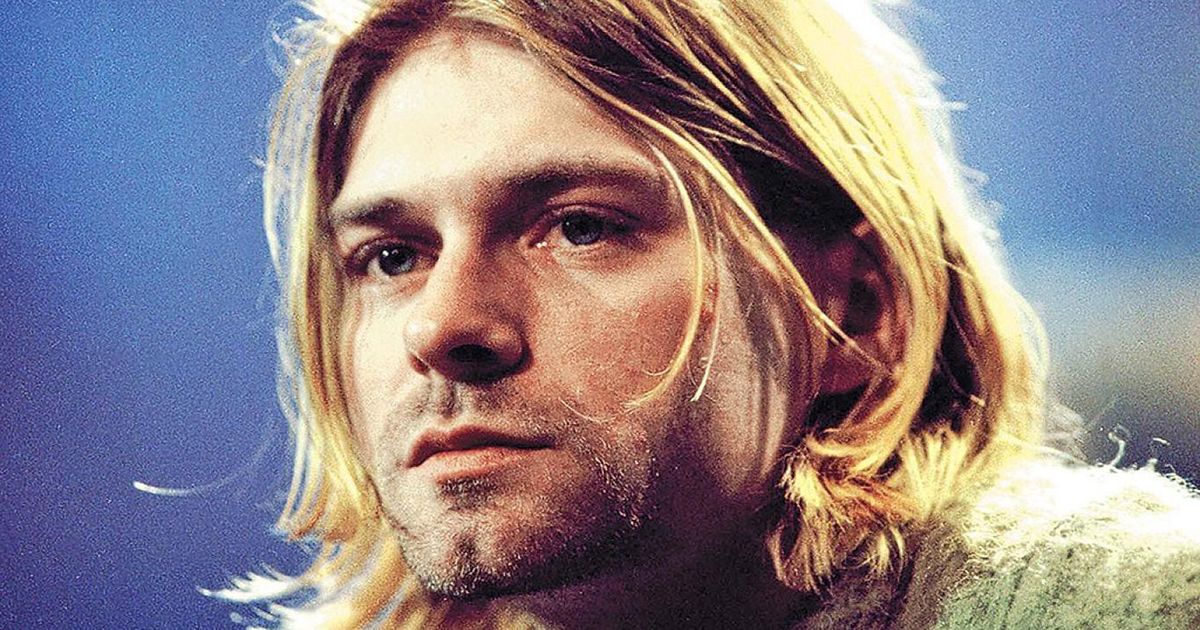
Related
Musicians That Deserve Their Own Biopic
Biopics about musicians are some of the most popular movies with critics and audiences, and these musicians deserve to get the film treatment.
brings the life of James Brown—the “Godfather of Soul”—to the screen in a high-energy, nonlinear fashion. Played by the brilliant Chadwick Boseman in a performance that is nothing short of electric, the film takes us through Brown’s life from his childhood in poverty to his rise as one of the most influential figures in music.
The film doesn’t just recount his musical achievements; it explores the turmoil and contradictions that shaped him. His explosive stage presence, tumultuous relationships, and complex personal demons are portrayed in an unapologetic, gritty manner. With a soundtrack that features some of Brown’s greatest hits, Get on Up pulsates with the same infectious energy that defined Brown’s music.
Despite receiving praise for Boseman’s transformative performance, Get on Up struggled to reach a wide audience, partly due to its unconventional, fragmented narrative. It’s not the typical "rise-and-fall" story; instead, it plays with time and structure, sometimes feeling disorienting for viewers expecting a straightforward biopic. However, for those who appreciate a film that refuses to sugarcoat its subject, Get on Up offers a raw and compelling portrait of a musical icon whose legacy still resonates in pop culture today. The film’s exploration of Brown’s genius and personal chaos serves as a fitting tribute to a man who truly redefined music and performance.
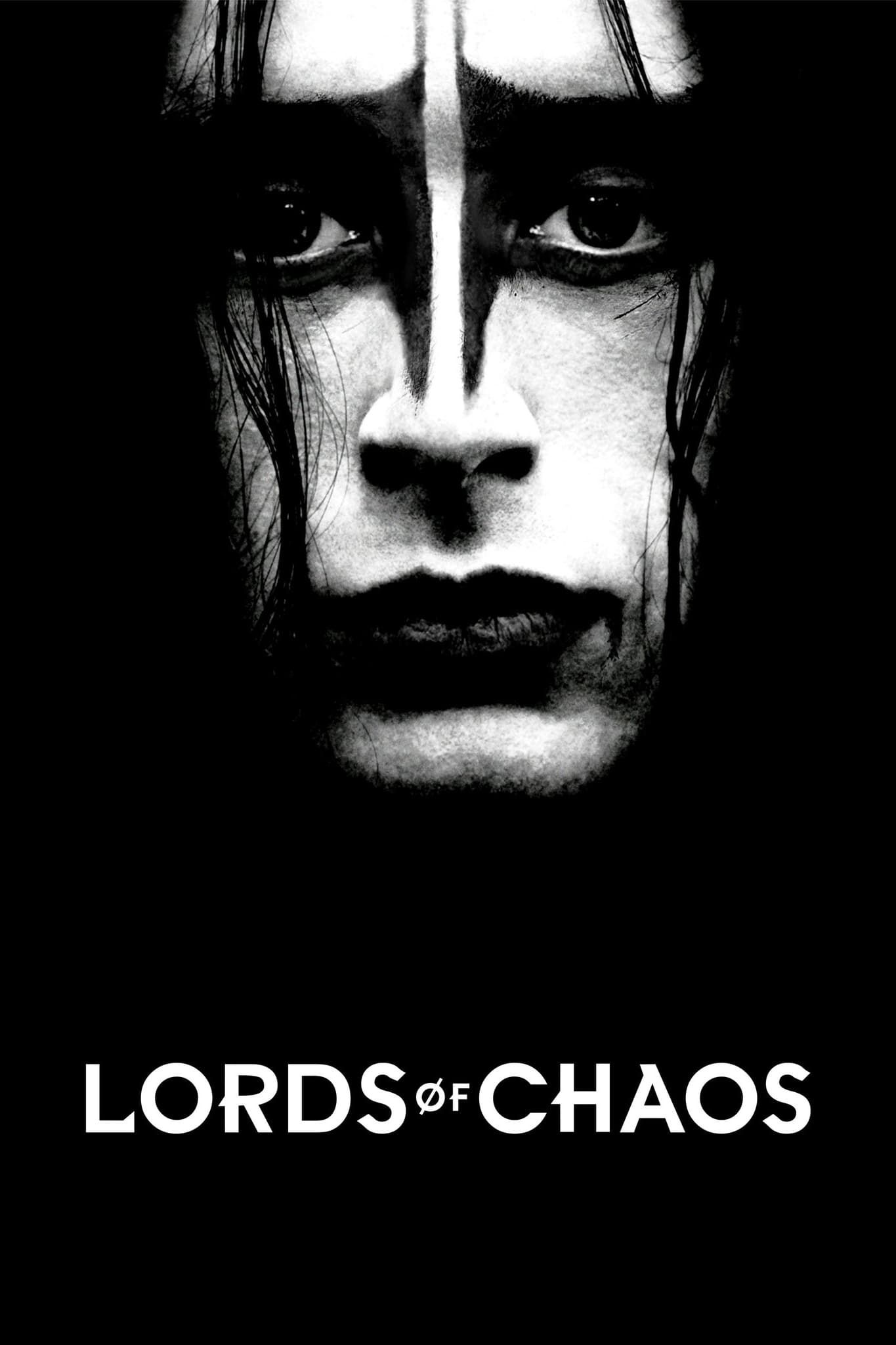
Lords of Chaos
- September 20, 2018
- 92
- Jonas Åkerlund
- Writers
- Dennis Magnusson, Jonas Åkerlund, Michael Moynihan, Didrik Søderlind
In stark contrast to the usual musical biopic, Lords of Chaos dives into the chaotic and violent world of Norwegian black metal, specifically the rise of the infamous band Mayhem and the shocking events surrounding its members. The film, directed by Jonas Åkerlund, is based on the real-life events that led to the burning of churches, the murder of guitarist Øystein Aarseth (also known as "Euronymous"), and the complex relationships between the band's members. The film is provocative, raw, and disturbing, much like the subculture it portrays, with Rory Culkin playing the troubled and manipulative Varg Vikernes.
Lords of Chaos flew under the radar for many, as it is a film that deals with much darker, more extreme elements of music culture—elements that are not typically celebrated in mainstream biopics. With its focus on violence, mental instability, and the toxic relationships within Mayhem, the film was polarizing and controversial for both its subject matter and the portrayal of real-life figures. However, for fans of extreme music, true crime enthusiasts, or those interested in the darker side of musical history, Lords of Chaos provides a chilling, unflinching look at the underbelly of the black metal scene and the destructive power of its culture.
Coal Miner’s Daughter is the definitive biopic of country music legend Loretta Lynn, capturing her journey from a poor, coal-mining family in Kentucky to the pinnacle of country music stardom. Sissy Spacek delivers an Oscar-winning performance as Lynn, portraying her grit, determination, and vulnerability as she navigates the complexities of fame, family, and personal struggles.
The film showcases her rise as a trailblazer in country music, with iconic songs like “Coal Miner’s Daughter” becoming the soundtrack to her life’s journey. The nostalgic, heartfelt tone contrasts sharply with the realities of Lynn’s difficult upbringing and turbulent marriage, offering a rich portrait of a woman who defied all odds to find success in a male-dominated industry.
Despite being one of the most beloved and critically acclaimed music biopics, Coal Miner’s Daughter remains a somewhat underrated gem, especially when compared to the flashier, more well-known biopics of musicians in other genres. Its quiet, humble approach may not have been as commercial as other biopics, but its depth and honesty give it a timeless quality. Coal Miner’s Daughter doesn’t just celebrate Loretta Lynn’s music—it explores the heart and soul behind it, making it one of the best and most emotionally resonant portrayals of a musician’s life.







